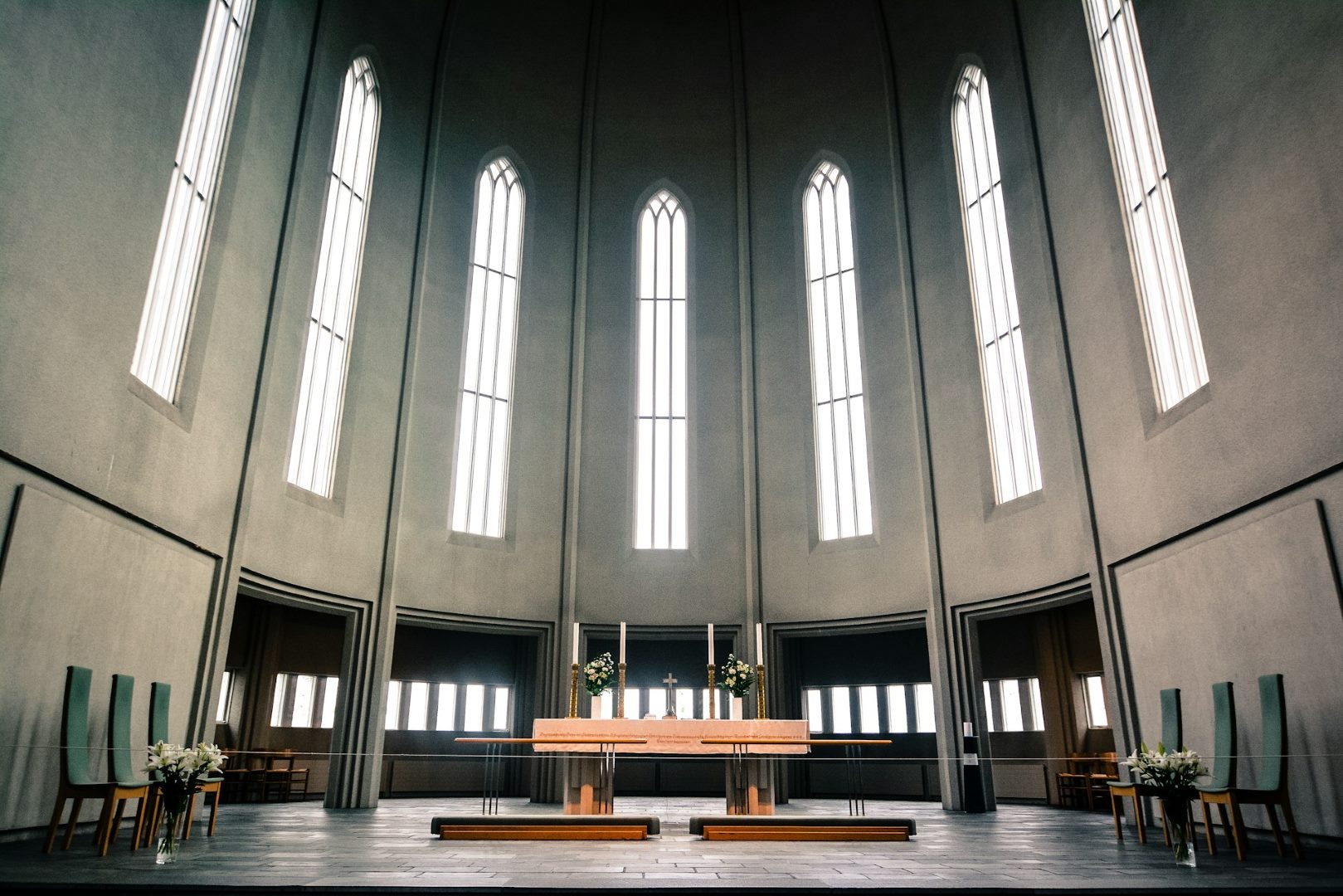Early Life and Education
Henri de Lubac, born Henri Marie Joseph Sortais in 1896, was a renowned French Catholic cardinal and theologian. Growing up in a devout Catholic family, he developed a deep passion for theological studies from a young age.
After completing his secondary education, de Lubac joined the Society of Jesus in 1913. He pursued his theological studies at the Pontifical Biblical Institute in Rome and was ordained a priest in 1927.
Career and Theological Contributions
Exegesis and Scripture
De Lubac’s initial focus was on exegesis and biblical studies. He argued for a holistic approach to scriptural interpretation, emphasizing the role of tradition and the need for a deep understanding of the spiritual and historical contexts of biblical texts.
The Supernatural
De Lubac’s most significant contribution to theology lies in his exploration of the concept of the supernatural. In his magnum opus, Surnaturel (1946), he challenged the prevailing idea that the supernatural is something entirely separate from the natural. Instead, he posited that they are intimately intertwined, with grace elevating nature and leading it to its ultimate fulfillment.
The Church and the World
De Lubac also delved into ecclesiology, examining the relationship between the Church and the world. He viewed the Church not as an isolated institution but as a vital part of human society, called to engage with the world and transform it through the Gospel message.
Ecumenism and Interfaith Dialogue
As an advocate for ecumenism, de Lubac sought to foster unity among Christian denominations. He also promoted interfaith dialogue, recognizing the value of learning from other religions and seeking common ground.
Influence and Recognition
Theological Revival
De Lubac’s writings had a profound influence on 20th-century theology. They helped spark a revival of interest in dogmatic theology and inspired a generation of scholars and theologians.
Cardinal and Theologian
In 1983, de Lubac was appointed a cardinal by Pope John Paul II in recognition of his outstanding contributions to Catholic theology. He became a renowned figure within the Church and continued to write, teach, and engage in theological dialogue.
Key Insights from De Lubac’s Theology
Importance of Tradition
De Lubac emphasized the centrality of tradition in understanding the Christian faith. He argued that the Church’s teachings and practices are not arbitrary but rooted in the apostolic tradition.
Dialogue and Inclusivity
De Lubac believed that dialogue was essential for fostering unity and understanding. He encouraged Catholics to engage with other Christians and people of different faiths.
Christ-Centeredness
At the heart of de Lubac’s theology lay a profound Christ-centeredness. He saw Christ as the fulfillment of all human hopes and the key to understanding the meaning of life.
Legacy and Impact
Henri de Lubac left an enduring legacy in Catholic theology. His writings continue to be studied and inspire theologians and believers alike. His emphasis on tradition, dialogue, and the centrality of Christ has shaped the course of contemporary Catholic thought.
Further Reading
Books by Henri de Lubac
Books on Henri de Lubac
- Henri de Lubac: A Biography by Michael J. Marthaler
- Henri de Lubac: Theologian of the Twentieth Century by Jean-Yves Lacoste



